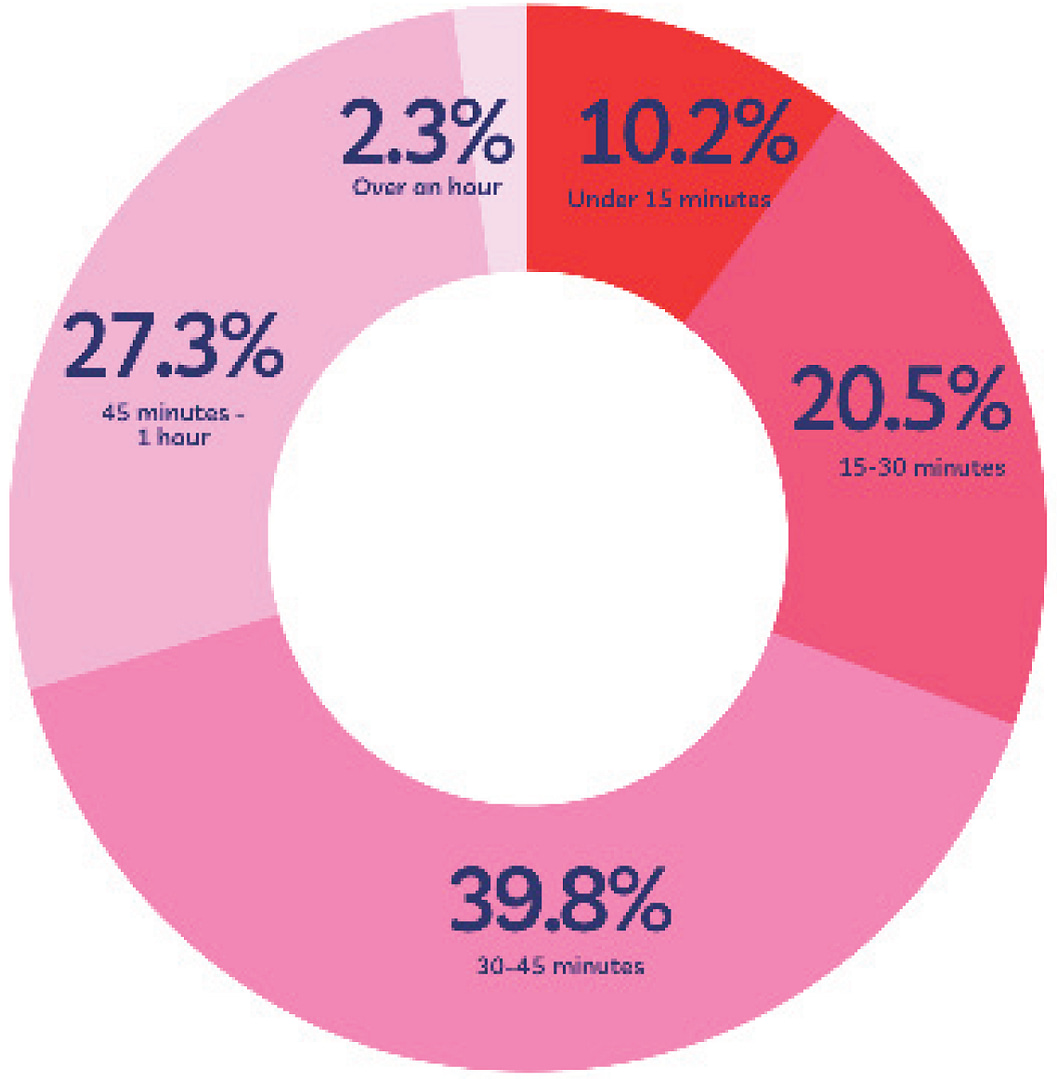In this edition, instead of writing about the most recent incidents involving Academic Integrity, Mr. Aristov is sharing some reflections on cheating at Loyola.
The best way to address certain problems is to shine a light on them. This is certainly true when it comes to Academic Integrity. On December 5 and 6, Mr. Aristov met with all of the school’s teachers during one of their office periods to review the current status of Academic Integrity at Loyola. Mr. Aristov shared several of the more egregious incidents that have occurred over the past couple of years, reviewed the most popular websites that have become particularly nefarious, and requested everyone’s opinions on what the school might do differently to better address these evolving issues.
In discussing some of the more troubling incidents, Mr. Aristov explained the details of what each student had done, his rationale for doing so, how his actions were uncovered, and the consequences he faced. Teachers were sometimes surprised by the brazenness exhibited by these students and why the students felt they needed to cheat in the first place. They also discussed how teachers could be more vigilant and how they might better prevent opportunities from manifesting themselves in the future. Interestingly, many teachers felt that the punishments these students ultimately received were too soft and that the school should have taken a much harder line.
Mr. Aristov also shared several cheating-oriented websites that some Loyola students have frequented. Although many teachers were already clued in to what was out there, for some this perusal of the Internet was quite eye-opening. The test banks, answer keys, and paper factories that have sprung up all over the web were quite depressing to behold, but now every faculty member is aware of them and will watch out for them more closely. Additionally, the Facebook sites that students have secretly created on some of their teachers and classes were of particular interest to many.
In terms of practical issues, teachers recognized that student phones were especially troublesome. It’s become easy for students to take and share photographs of tests or quizzes or other material not intended for distribution. Additionally, the use of phones in the bathrooms, hallways and even in classrooms to relay academic information to friends is unfortunately common. Bringing screenshots of study guides or other work to tests occurs with increasing frequency. Teachers discussed various strategies to deal with phones during class time. Some students may witness classroom policies changing in the coming days and weeks.
Of greatest interest was the philosophical discussion that ensued during each meeting. Teachers grappled with trying to understand the motivation of student cheaters. In some instances, cheating is seen as a time-saving skill. For example, if completing a homework assignment takes an hour, but copying that homework from a classmate takes only ten minutes, a student may see the latter option as a viable way to save time. But what would motivate this student to want to do the original assignment on his own, even if it did take longer? Ultimately, the answer is that the student must value the assignment and himself. He needs to believe that the assignment will help him in some practical way or will improve his personal situation either in the immediate future or in some distant reality. He also needs to recognize that his actions define, to a certain extent at least, who he really is as a person and demonstrates how close he’s come to attaining the goals of the Grad-at-Grad.
Another frustrating reality that sometimes leads to cheating is students’ hyper-focus on final grades. In some instances, if a student receives an “A” in a class, he won’t complain even if he has learned next to nothing. But if that same student receives a “B” in another class in which he has learned to think more critically, write more convincingly, analyze more honestly, he might see this as a travesty since the “B” is somehow below par. Misguided students who think this way are more prone to cheating because for them, the final “A” counts more than anything else.
As we step forward, both teachers and students will learn how to better address issues surrounding Academic Integrity. Our ultimate goal is to establish a school environment in which cheating is seen as completely unnecessary and that nobody even thinks about it anymore. Let’s hope and pray that this lofty goal is possible at Loyola.
Mr. Andrey Aristov
Assistant Principal







Comments are closed.